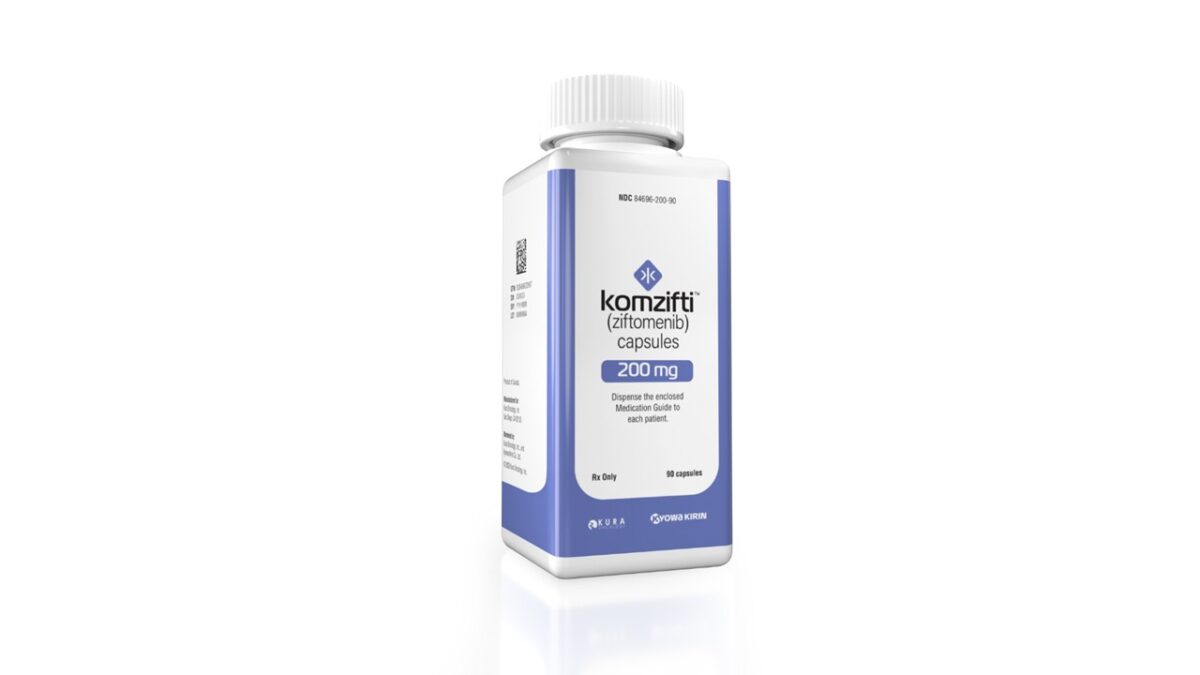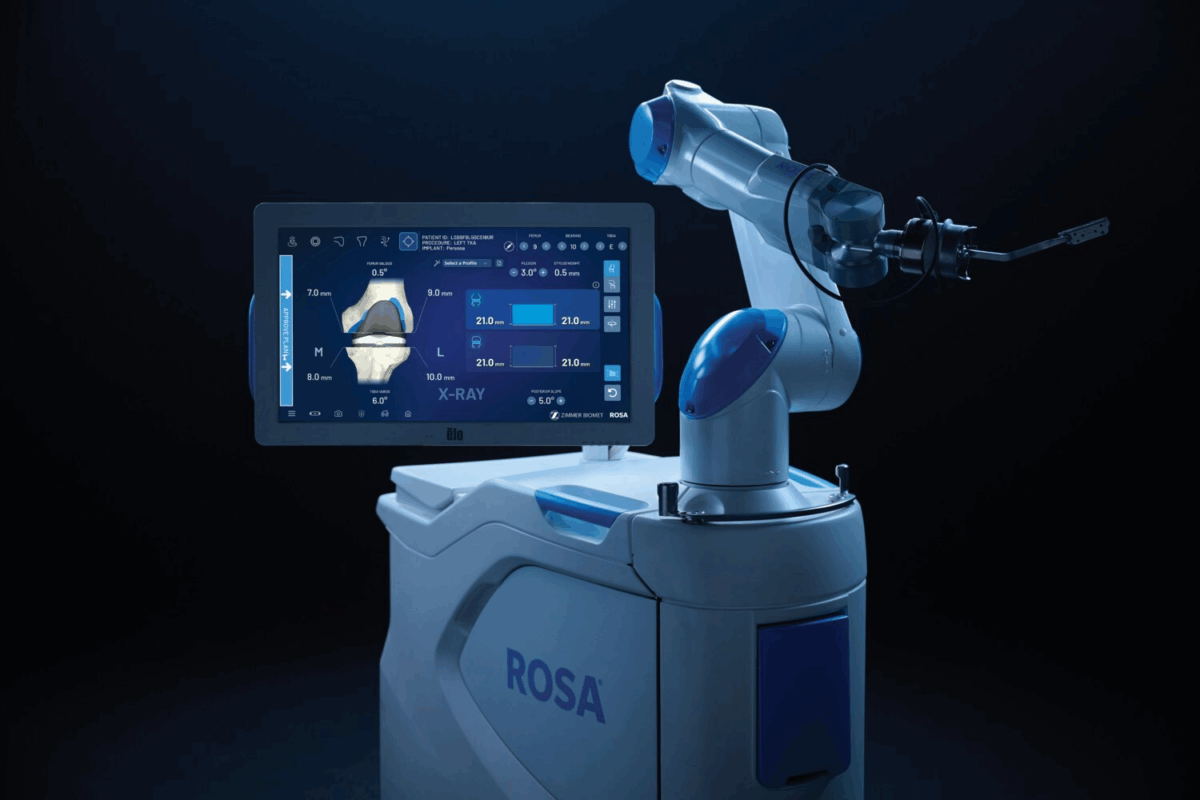Sling Therapeutics has shared positive topline results from its Phase IIb/III LIDS clinical trial evaluating its oral small-molecule therapy linsitinib for the treatment of thyroid eye disease (TED).
The trial met its primary endpoint of proptosis (protrusion of the eyeball from the orbit) reduction with statistical significance at the 150 mg BID (twice a day) dose.
Ninety patients in the trial were randomized to receive one of two doses of linsitinib or placebo. After 24 weeks, 52% of participants administered the high dose had a robust reduction in eye bulging to meet the response criteria.
Thyroid eye disease, also known as Graves’ eye disease, is a rare autoimmune disorder that affects the muscles and tissues around the eyes, leading to symptoms such as eye bulging (proptosis), double vision and pain. It is a complication of Graves disease, an immune system condition that causes the thyroid gland to make excess amounts of thyroid hormone.
Thyroid eye disease affects an estimated 200,000 individuals in the US every year.
Linsitinib, an oral small molecule that targets the insulin-like growth factor-1 receptor (IGF-1R), is designed to address the underlying mechanisms driving thyroid eye disease.
It will rival Amgen’s Tepezza (teprotumumab-trbw), which became the first approved treatment for thyroid eye disease with its FDA approval in 2020.
Despite cross-trial comparisons not being ideal due to inaccuracies, Horizon Therapeutics, the original developer of Tepezza before its acquisition by Amgen, reported higher response rates than linsitinib in its Phase III program. After eight infusions over 24 weeks, Tepezza achieved response rates of 71% and 83% in two trials.
Where linsitinib may have the edge is its oral formulation, as Tepezza is administered intravenously in 60- to 90-minute infusions every three weeks.
Sling Therapeutics in-licensed linsitinib from Astellas Pharma at the time of its launch as a company in 2022. To kick start the company, Sling secured $35 million Series A financing.
In a press release announcing the results, Sling Therapeutics’s said Linsitinib is the first and only oral small molecule therapy to establish statistical and clinical significance in thyroid eye disease.
The company said linsitinib has an established safety profile, with over 900 patients treated across 15 clinical trials spanning multiple disease areas.
“The positive data from this trial establish the clinical significance of linsitinib and represent the first ever successful clinical trial of an oral small molecule for the treatment of TED,” said Ryan Zeidan, PhD, president and CEO of Sling Therapeutics.
“We believe linsitinib can be a potential new treatment option that could enable a broader number of physicians across multiple therapeutic disciplines to treat patients diagnosed with TED.”
Dr. Zeidan also shared that a confirmatory Phase III trial is set to begin later this year.
Sling reported that linsitinib was well tolerated with no hearing impairment, such as deafness or tinnitus, which may give it another advantage over Tepezza. In Tepezza’s Phase III study, 10% of patients who received the treatment developed hearing impairment.
Hyperglycemia was also at a rate significantly lower than that of Tepezza (3% versus 10%, respectively), along with no menstrual cycle changes.
Sling Therapeutics said the full results of the trial will be presented at an upcoming medical conference.
Sling’s upcoming Phase III trial will provide further insights into the safety and efficacy of the molecule, as it gears up to compete with Amgen in the thyroid eye disease market.
Meanwhile, Amgen kicked off a Phase III trial of a subcutaneous formulation of Tepezza last year, aiming to introduce a less time-intensive and convenient administration option.
If you want your company to be featured on Xtalks.com, please email [email protected].












Join or login to leave a comment
JOIN LOGIN